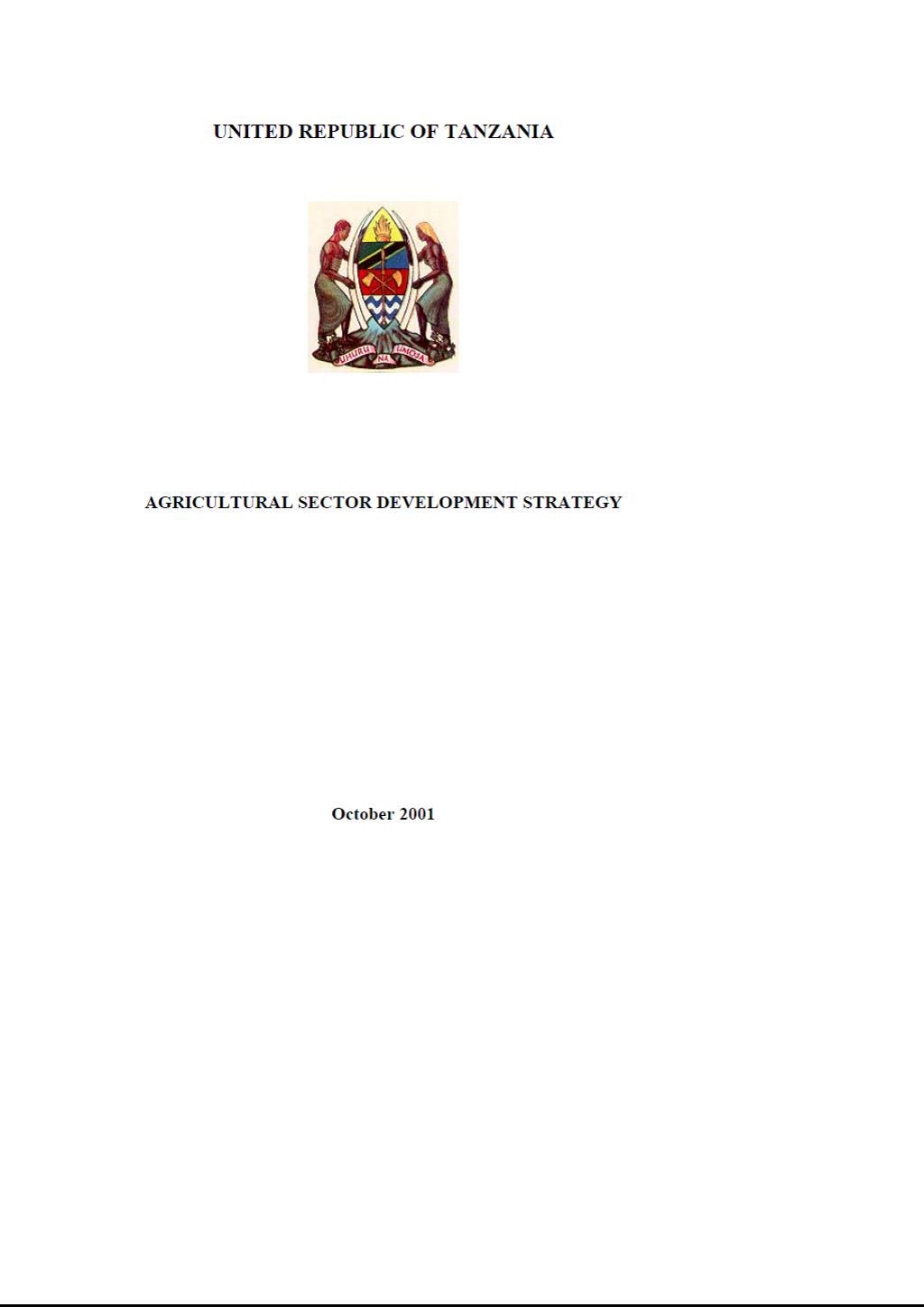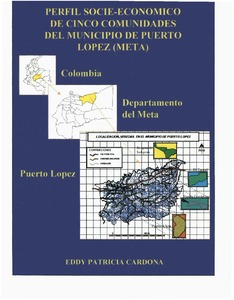Kansen voor natuur binnen Losser; achtergronddocument natuur
Deze publicatie gaat over de toekomst van natuur in het landinrichtingsgebied Losser en is een van de achtergronddocumenten die in opdracht van de Dienst Landelijk Gebied zijn opgesteld, waarin het behoud en herstel van natuur- en landschapswaarden ende realisatie van de ecologische hoofdstructuur (EHS) centraal staan. Hierbij is de rol voor de terreinbeherende organisaties alhier - Staatsbosbeheer, Natuurmonumenten, Stichting Edwina van Heek en Landschap Overijssel - van groot belang.








